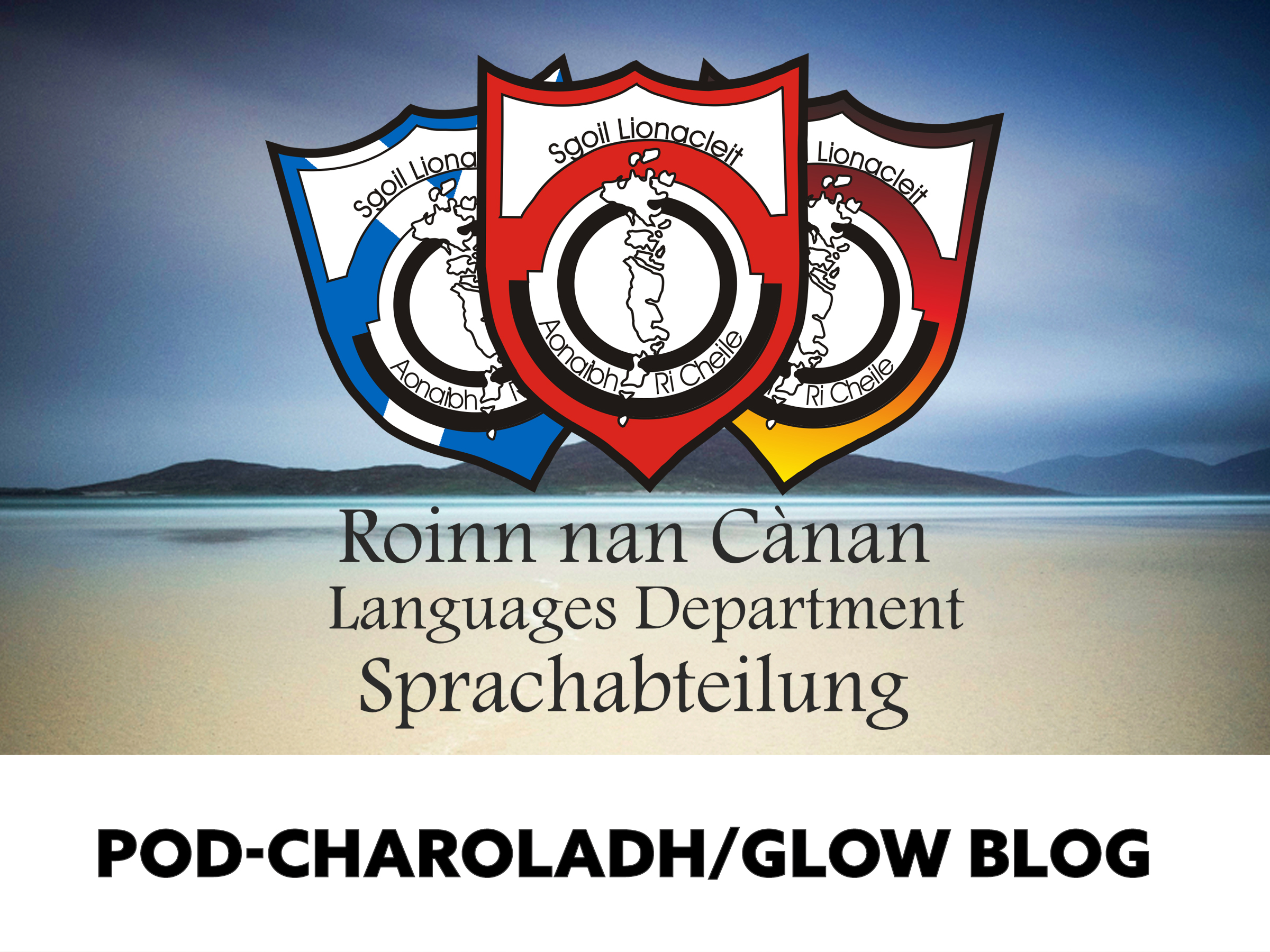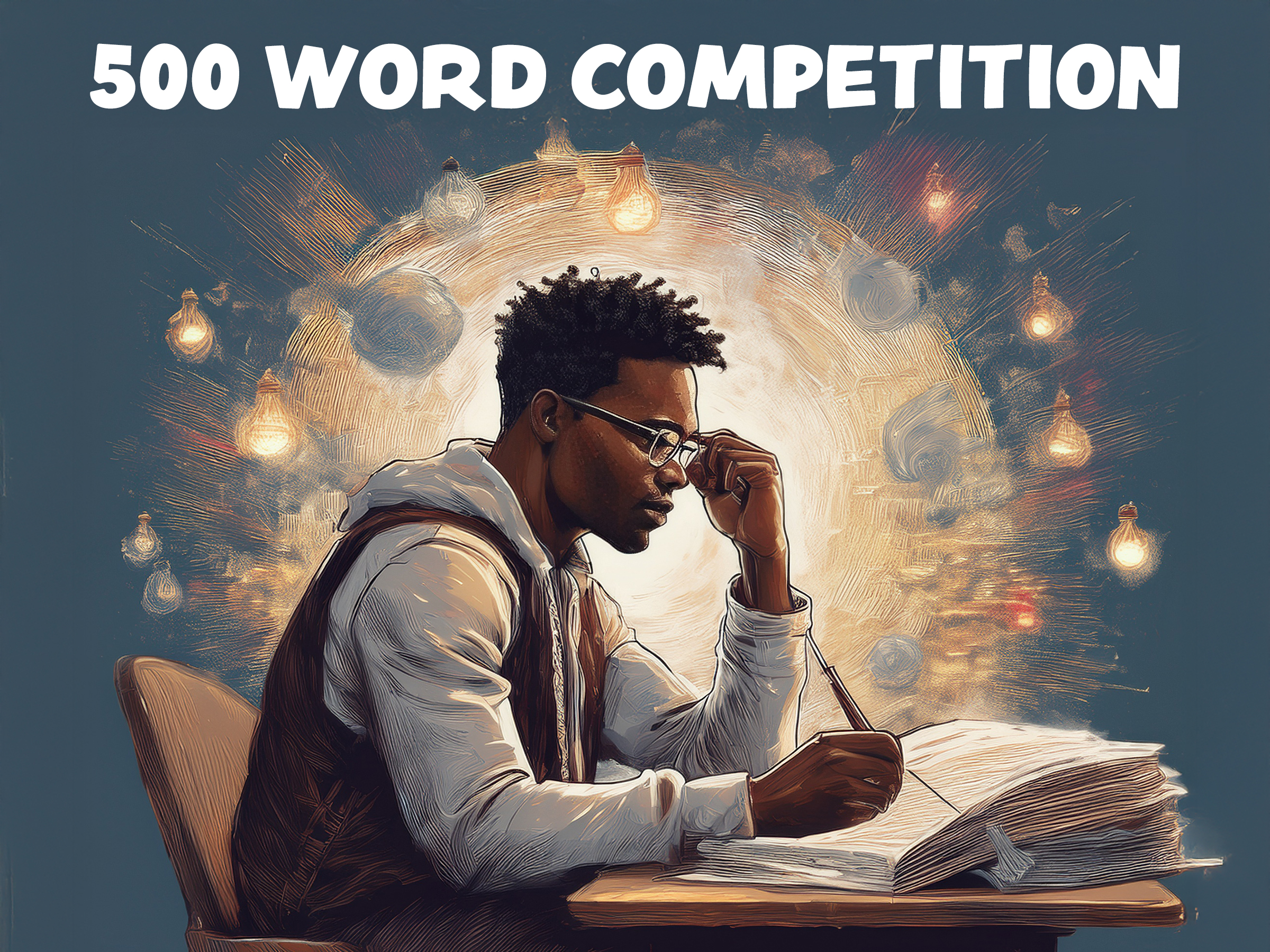English
Broad Description
English is a skills-based subject looking at communication in all its various forms. The aim of the subject is to enable learners to develop the skills of communicating and understanding. Learners study and use Reading, Writing, Listening and Talking skills.
Areas of study: literature, language, technical skills, media, language for life, drama, talking and listening. Reading, Writing, Talking and Listening skills are required in all walks of life.
Understanding all forms of communication, and being able to express opinions are considered the skills for learning, life and work.
S1 to S3
S1 and S2 classes in the English Department are mixed ability. In S3 a review is undertaken and if thought necessary some setting will be put in place.
Throughout S1 and S2 pupils will begin to develop the skills assessed in SQA examinations.
The curriculum follows the Curriculum for Excellence Experiences and Outcomes.
Assessments for achievement of a level is made holistically from a portfolio of work produced throughout the course of the year.
During S1 and S2 pupils will work, and be assessed, on the 4 strands of the CfE – Reading: Writing; Talking and Listening.

Reading:
Pupils will study a wide range of texts over the course of the two years. These will typically include Novels and Short Stories; Non Fiction including newspaper articles and longer texts, Poetry and Playscripts. These will be drawn from contemporary, Post and Pre 19th Century sources. Pupils will have 1 period a week for private reading. Pupils will develop through these texts key skills such as research, summarising, inference, analysis and evaluating. They will learn how to annotate a text; write a critical response and how to answer textual analysis questions.

Writing:
Pupils will study a wide range of texts over the course of the two years. These will typically include Novels and Short Stories; Non Fiction including newspaper articles and longer texts, Poetry and Playscripts. These will be drawn from contemporary, Post and Pre 19th Century sources. Pupils will have 1 period a week for private reading. Pupils will develop through these texts key skills such as research, summarising, inference, analysis and evaluating. They will learn how to annotate a text; write a critical response and how to answer textual analysis questions.

Talking:
Pupils will engage in various talking activities. They will have opportunities to work in groups; undertake solo and group presentations. They will gain knowledge and understanding of how to use language to suit purpose and audience.

Listening:
Pupils will develop their listening skills through group work and hearing different audio texts for a variety of purposes and audiences.
In S3 pupils will continue to consolidate and secure these skills as well as beginning exam preparation. This will include work on sample exam papers and the Added Value Unit for National 4 level.
NATIONAL 3
There are 3 units:
- Understanding Language
- Producing Language
- Literacy
Reading, Writing, Talking and Listening
NATIONAL 4
There are 4 units:
- Analysis and Evaluation
- Creation and Production
- Literacy
- English: Assignment
Reading, Writing, Talking and Listening
National 5
The course aims to enable candidates to develop the ability to:
- read, write, talk and listen, as appropriate to purpose, audience and context,
- understand, analyse and evaluate texts, including Scottish texts, in the contexts of literature, language and/or the media,
- create and produce texts, as appropriate to purpose, audience and context, through the application of their knowledge and understanding of language.
N5 EXTERNAL ASSESSMENT
This assessment has 4 components:
Component 1: Reading for Understanding, Analysis and Evaluation, 30 marks, 1 hour.
Component 2: Critical Reading, 40 marks, 1 hour and 30 minutes.
Component 3: Portfolio-writing, 30 marks
Component 4: Performance – spoken language, achieved/not achieved.
PROGRESSION PATHS
• Linear progression - National 5 leads to Higher English. Also provides preparation for future learning in other subjects, employment, vocational training and life beyond the classroom.
• Skills progression - These skills are at the heart of curriculum of every subject, but are essential in Media, Social Subjects and RMPS. These skills are useful in careers such as Teaching, Law, and Journalism.
HIGHER
Building on literacy skills, the Course develops understanding of the complexities of language, including through the study of a wide range of texts. The Course develops high levels of analytical thinking and understanding of the impact of language.
Learners reflect on ideas, relationships, feelings, points of view and motivations, and on how language has been used to convey these. Learners also engage in producing language to clarify and convey these on a personal level Learners participate in Reading, Writing, Talking and Listening activities, either individually, in pairs, groups or as part of the whole class. They are expected to be able to organise themselves, work independently and meet deadlines as part of the course.
ASSESSMENT
Component 1: Reading for Understanding, Analysis and Evaluation (30 marks)
Component 2: Question paper, Critical Reading (40 marks)
Component 3: Portfolio-writing (30 marks)
Component 4: Performance-spoken language (achieved/not achieved)
ADVANCED HIGHER
Classes are tutorials, with the focus on discussion of the texts. Assessments for the Literary Unit are in the form of Critical Essays. Work for the Dissertation and Creative Writing Folio is mainly done at home.
To gain the award of the Course, the learner must pass all of the Units as well as the Course assessment.
The Course is made up of two mandatory Units. The main purpose of the Course is to provide learners with the opportunity to apply analytical and evaluative skills to a wide range of literary texts.
English: Analysis and Evaluation of Literary Texts (Advanced Higher)
The purpose of this Unit is to provide learners with opportunities to develop skills in the analysis and evaluation of a wide range of complex and sophisticated literary texts, as appropriate to purpose and audience.
English: Creation and Production (Advanced Higher)
The purpose of this Unit is to provide learners with opportunities to create a range of complex and sophisticated texts, as appropriate to different purposes and audiences.
ASSESSMENT
Component 1 - Question paper: Literary Study 20 marks
Component 2 - Question paper: Textual Analysis 20 marks
Component 3 - Portfolio–writing 30 marks
Component 4 - Project–dissertation 30 marks
Total marks 100 marks



